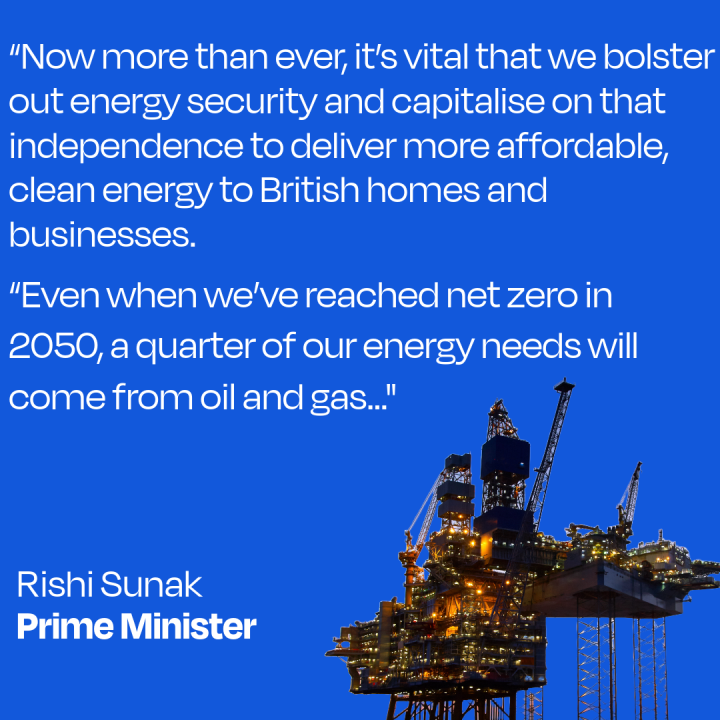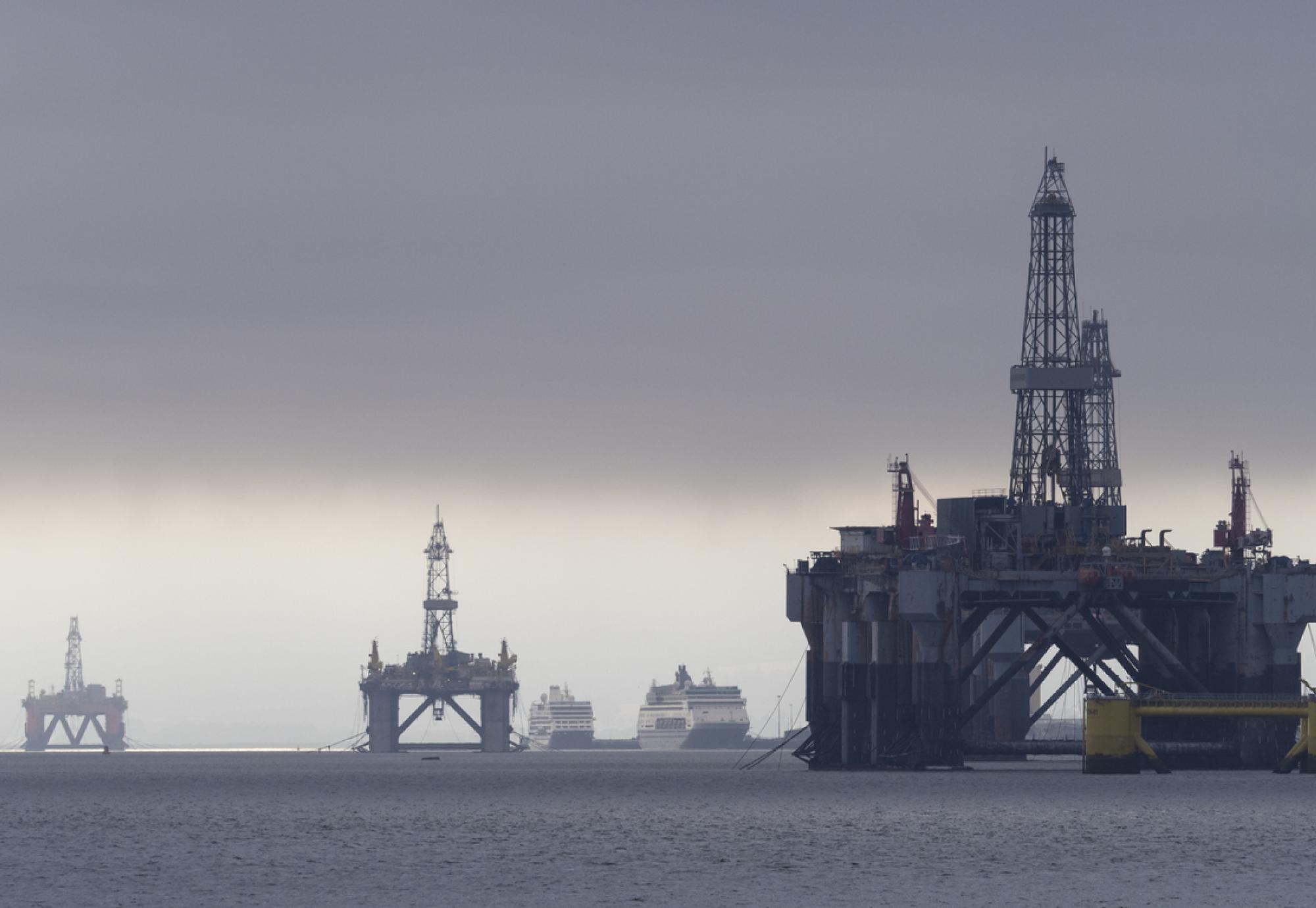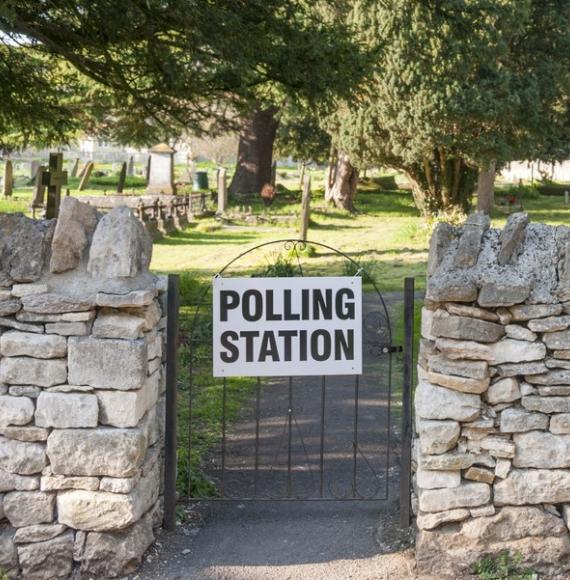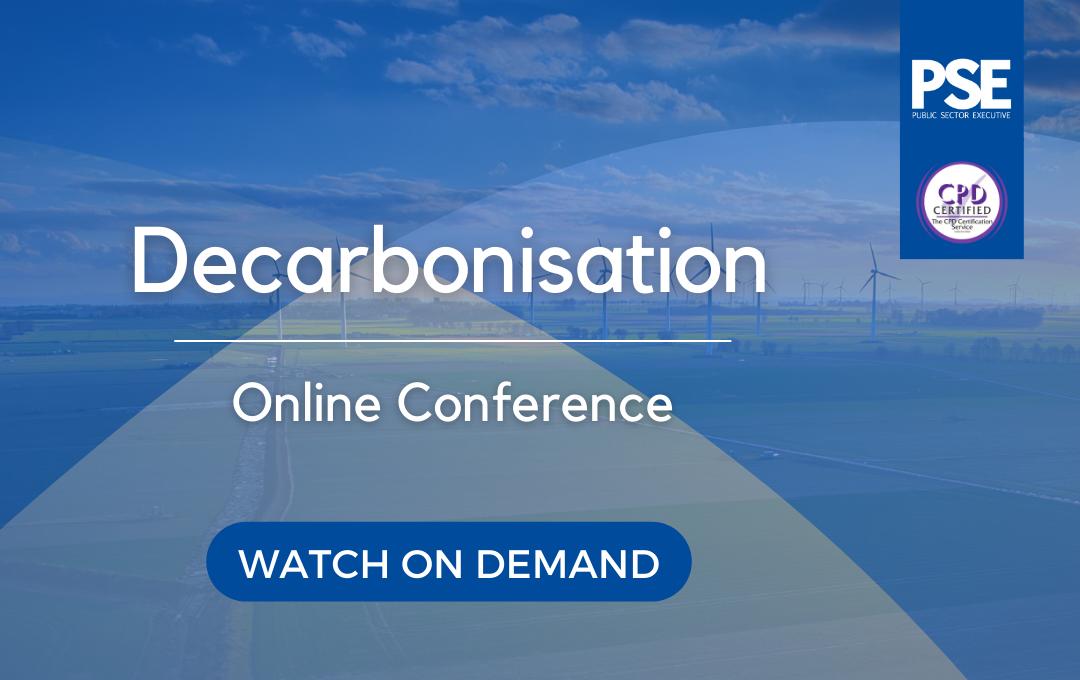The Prime Minister has announced that the government is to grant hundreds of new oil and gas licences, as part of a push to increase the energy independence of the nation.
This announcement comes as part of a joint commitment between the government and the North Sea Transition Authority (NSTA), whilst also continuing to be subject to a climate compatibility test. The thinking behind the new system will be that, by implementing a more flexible process of application, it is possible to grant licences that are nearer areas that have already been licenced. This should, in turn, unlock crucial reserves that will be brought online quicker thanks to the fact that there is infrastructure already in place.
According to the Climate Change Committee, it is predicted that a quarter of the UK’s energy demand will still be met by oil and gas by the time that the nation reaches its net zero goal in 2050. Due to this, the government is trying to reduce the speed at which domestic oil and gas is being produced, to make sure that the nation’s energy supply is secure and is not as reliant on other nations.

The reduction of dependence on higher-emission imports and increase of the United Kingdom’s energy security will help to protect more than 200,000 jobs in what is a vital industry, as the economy is expanded. The crucial role that the North Sea, and the region of Aberdeen, will play in this strengthening of the nation’s energy independence will be reiterated by the Prime Minister today, as he visits a crucial energy infrastructure site in the Scottish city. The Prime Minister will also have the opportunity to meet the next generation of the skilled apprenticeships that are central to driving forward these plans.
Rishi Sunak, Prime Minister, said:
“We have witnessed how Putin has manipulated and weaponised energy – disrupting supply and stalling growth in countries around the world.
“Now more than ever, it’s vital that we bolster out energy security and capitalise on that independence to deliver more affordable, clean energy to British homes and businesses.
“Even when we’ve reached net zero in 2050, a quarter of our energy needs will come from oil and gas. But there are those who would rather it came from hostile states than from the supplies we have here at home.
“We’re choosing to power up Britain from Britain and invest in crucial industries such as carbon capture and storage, rather than depend on more carbon intensive gas imports from overseas – which will support thousands of skilled jobs, unlock further opportunities for green technologies and grow the economy.”
With the net zero target now 27 years away, the oil and gas sector is playing an important role in industries that are central to the achievement of decarbonisation. This role sees the sector investing in clean technologies such as carbon capture, usage and storage as well as utilising the supply chains, expertise, and key skills that the oil and gas sector already has.
Along with the announcement of how the nation can improve its energy resilience, the government has confirmed that the third and fourth carbon capture usage and storage clusters (CCUS) in the UK have been chosen. These will be based in North East Scotland and the Humber, with the government already committing to deploying the technology in a further two industrial clusters by the time the mid-2020’s comes around. These will be in North West England and North Wales (the HyNet cluster) and Teesside and the Humber (the East Coast cluster).
In terms of funding, the government has already committed to allocating up to £20 billion for the early deployment of CCUS, with this complimenting the UK’s position as holding one of the largest potential carbon dioxide storage capacities in Europe. This fact will make the North Sea increasingly attractive for businesses, helping to drive private investment and job creation.
Energy Security Secretary Grant Shapps added:
“In the wake of Putin’s barbaric invasion of Ukraine, our energy security is more important than ever. The North Sea is at the heart of our plan to power up Britain from Britain so that tyrants like Putin can never again use energy as a weapon to blackmail us.
“Today’s commitment to power ahead with new oil and gas licences will drive forward our energy independence and our economy for generations. Protecting critical jobs in every region of the UK, safeguarding energy bills for British families and providing a homegrown fuel for our economy that, for domestic gas production, has around one-quarter of the carbon footprint of imported liquified natural gas.
“Our next steps to develop carbon capture and storage, in Scotland and the Humber, will also help to build a thriving new industry for our North Sea that could support as many as 50,000 jobs, as well deliver on our priority of growing the economy.”
Image credit: iStock



















